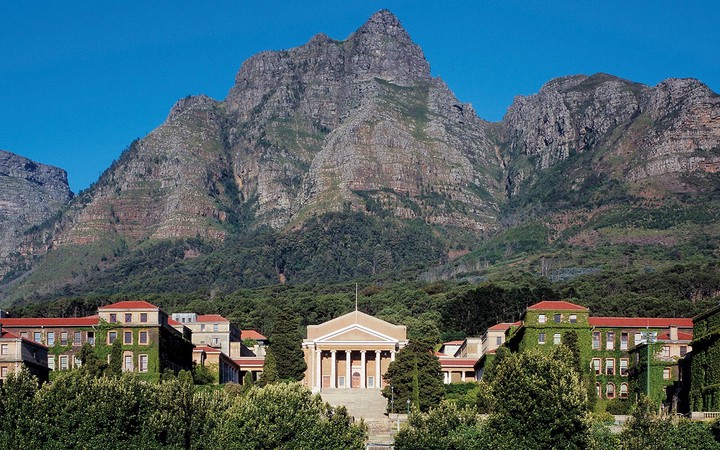Ecosystem services assessment of University of Cape Town forest

Cape Town, South Africa is home to the fynbos biome, which has high plant diversity as well as high endemicity. Invasive species, which can competitively exclude native plant species, threaten fynbos biodiversity and the ecosystem services it provides. On the University of Cape Town (UCT) campus, non-native pines were introduced and naturalized and now cover the entire UCT forest and dam area, which historically was fynbos vegetation. The 15.6 hectare area on the slopes of Devil’s Peak includes a reservoir, which collects runoff to be used primarily for UTC sports fields. I assessed the cultural, regulating, provisioning, and supporting services of the UCT forest, taking into consideration student, faculty and staff opinions via a survey. Based on the results of the assessment, I proposed a management plan that involved a gradual shift from non-native pines to afrotemperate forest. Non-native trees would be replaced by planting shade-tolerant native trees in the understory. The native plants would continue to stabilize the soil and provide shade, yet they would have a greater water use efficiency and support more native animals. As non-native pines are removed, they could be used to make wood chips for hiking paths. The management plan would increase biodiversity and maximize ecosystem services of the UCT forest and dam area.